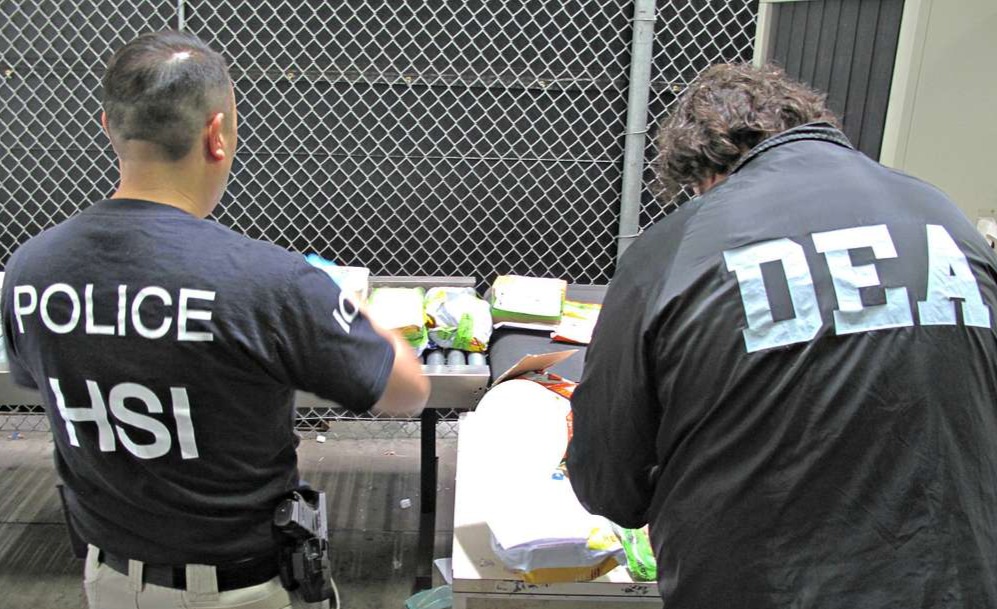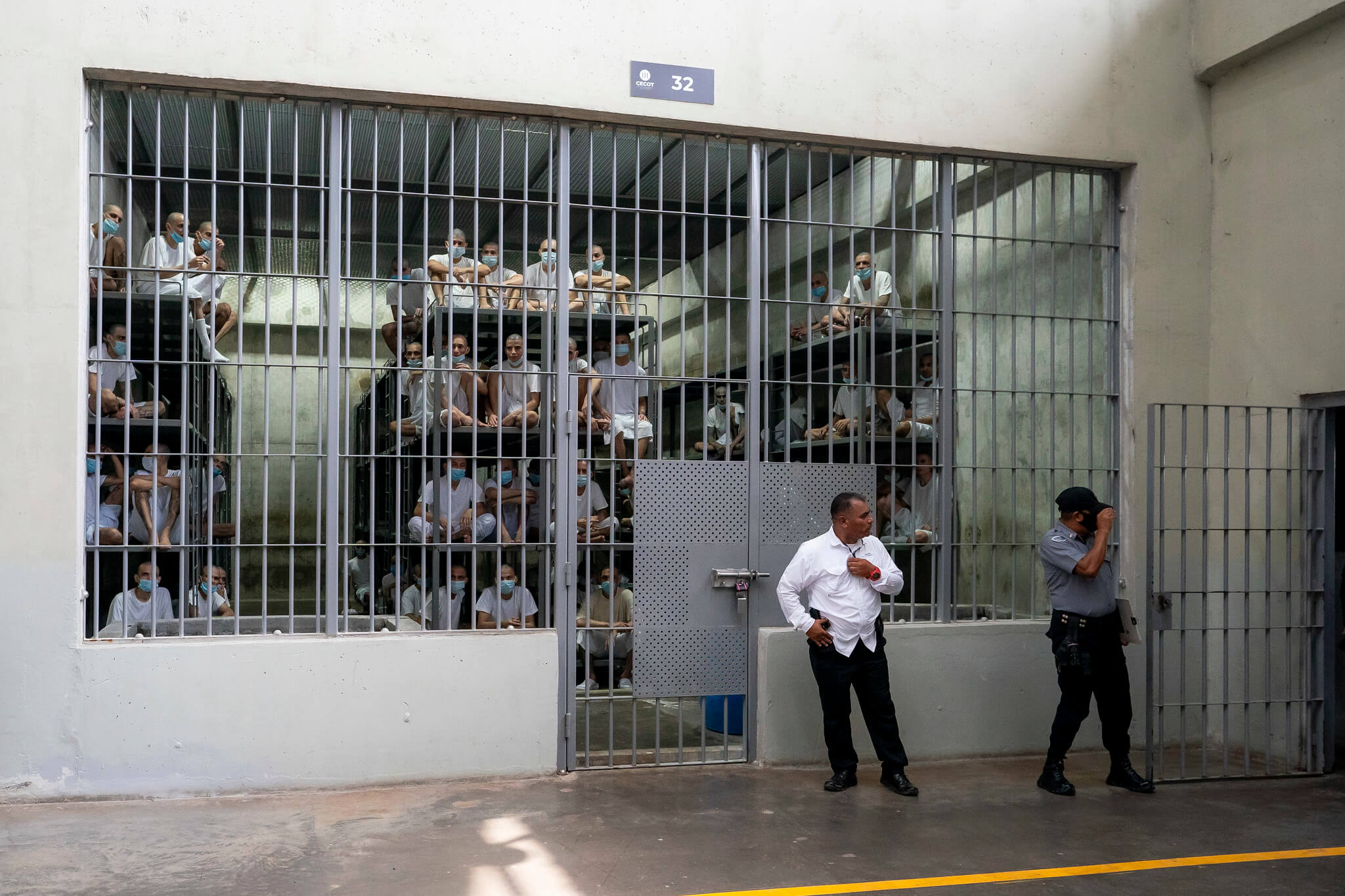Today's Headlines and Commentary
Iraq continues to dominate today’s headlines. Reuters indicates that early this morning, insurgents laid siege to one of Iraq’s largest air bases.
Meanwhile, the Associated Press reports that about half of the 300 American special forces troops that President Obama is sending to Iraq have reached Baghdad and begun operations there.
Iraq continues to dominate today’s headlines. Reuters indicates that early this morning, insurgents laid siege to one of Iraq’s largest air bases.
Meanwhile, the Associated Press reports that about half of the 300 American special forces troops that President Obama is sending to Iraq have reached Baghdad and begun operations there. Ken Pollack of the Brookings Institution examines the President’s decision to send such a small contingent of forces. Pollack wonders what kind of access, authority, and strategy the military advisors will have; and analyzes the effect that the crisis will have on Iraqi oil production and the global economic market.
The Washington Post notes that in his weekly televised address, Iraqi Prime Minister Nouri al-Maliki called for “a united national stance to defy terrorism.” Despite such statements, Maliki has resisted appeals to form an emergency coalition containing all Iraqi ethnic groups. BBC News and The Hill have more.
According to the Washington Post, a senior U.S. intelligence official stated that, thanks to recent acquisitions of money and weapons, the Islamic State of Iraq and Syria (ISIS) “is the strongest it has been in several years.”
The militant group has also had much success recruiting new and committed members. CNN writes that among its most passionate fighters are western-born jihadists, who traveled to northern Syria and Iraq in hopes of creating a Sunni Islamic state. The Post reports that even a number of Kurdish young men have joined ISIS. David Ignatius’ Post op-ed indicates why Abu Bakr al-Baghdadi, the leader of ISIS, has been so successful in attracting new recruits.
The New York Times indicates that Turkey may bear some responsibility for the chaos in Iraq. Apropos of nearby states, according to the Post, the Syrian government bombed ISIS targets in Iraq yesterday. Likewise, Iran is providing the beleaguered Iraqi government with intelligence and supplies. The Times has details.
Iranian assistance to Maliki comes as three Iranian border guards were killed in an insurgent assault near the Islamic Republic’s Iraqi border. The Post shares the story.
In the same newspaper, Senator Tim Kaine (D-VA) argues that, despite what President Obama and high-ranking members of Congress have said, neither the 2001 nor 2002 AUMFs give the Obama administration authority to conduct military operations in Iraq. The Hill reports that a number of rank-and-file House Democrats are also concerned. Jack outlined President Obama’s position here.
On Monday, the Director-General of the Organization for the Prohibition of Chemical Weapons (OPCW) announced that Syria had surrendered the last of its reported chemical weapons stockpiles. Although these actions represent a “major landmark” on the way to a chemical weapons-free Syria, the Times points out that facilities with the capacity to make new chemical weapons still exist in Syria. NPR also has the story.
Also on Monday, President Obama spoke over the phone with Russian President Vladimir Putin. The two leaders discussed Syria’s chemical weapons disarmament, continued negotiations over an Iran nuclear deal, and the situation in Ukraine. Obama pressed Putin to work with Ukrainian President Petro Poroshenko in implementing a peace plan. Putin seemed to agree on the need for a ceasefire; The Moscow Times reports that the Kremlin anticipates “the start of direct negotiations between the opposing sides.” However, the U.S. remains unconvinced. The New York Times notes that the Obama administration has begun outlining increased sanctions against Russia.
Following the conviction and sentencing of a number of Al Jazeera journalists, Egyptian President Abdel Fattah el-Sisi yesterday said he “will not interfere in judicial rulings." He said further that “[i]f we desire state institutions, we must respect court rulings and not comment on them, even if others don’t understanding these rulings.” The New York Times and Al Jazeera report.
Roll Call indicates that, in response to the Egyptian court’s decision, Congressman Adam Schiff (D-CA) will introduce an amendment to the foreign aid bill currently being considered by the House Appropriations Committee. He wants to “cut and restructure American aid to Egypt” by moving money originally intended for security assistance to programs that support “education, democracy, and civil society.”
The Post editorial board criticized the Obama administration’s reaction to the sentencing, noting that if the U.S. is going to accept autocratic regimes, then human rights violations and political repression should come as no surprise.
The Supreme Court reached a decision today in Riley v. California, ruling that police officers must first obtain a warrant before searching the contents of a suspect’s cell phone. The Hill has the story. Read the opinion here.
In response to the release of an Office of Legal Counsel (OLC) memo, which authorized the drone strike on American Anwar al-Awlaki, two members of the Senate Intelligence Committee, Senators Ron Wyden (D-OR) and Mark Udall (D-CO), have asked for more information on U.S. policy regarding targeted killings of Americans. Roll Call has more details. For a summary of the OLC memo, see Ben’s post here.
The Post shares its third installment in a series of articles on U.S. drone crashes. This one focuses on civilian-operated unmanned aerial vehicles (UAVs), which seem to be proliferating. The Post reports that a drone in Seattle, spotted taking pictures outside a woman’s apartment window, raised legal questions and privacy concerns.
Two researchers have determined that many U.S. hospital systems are vulnerable to cyberattack. Wired has the story.
Politico writes that the CIA has finished making initial redaction recommendations on a report regarding their interrogation techniques. In April, the Senate Intelligence Committee voted to declassify the document.
Glenn Greenwald’s article on “the most important [documents] in the archive” shared with him by Edward Snowden is “very imminent.” Politico’s Dylan Byers has the story.
Marshall Erwin in Real Clear Defense examines how legal scholars arguing over U.S. surveillance and intelligence policy has actually “hurt America’s national security bottom line.”
Finally, the Guardian indicates that the U.S. may find itself at war with North Korea over a Seth Rogen and James Franco movie. In the film, the actors attempt to assassinate North Korea’s supreme leader Kim Jong-un. In response, a spokesperson for the North Korean government stated that the movie represents “a most wanton act of terror and act of war and is absolutely intolerable.”
Email the Roundup Team noteworthy law and security-related articles to include, and follow us on Twitter and Facebook for additional commentary on these issues. Sign up to receive Lawfare in your inbox. Visit our Events Calendar to learn about upcoming national security events, and check out relevant job openings on our Job Board.
Tara Hofbauer previously was an intern with Lawfare. She is majoring in Philosophy, Politics, and Economics at the University of Pennsylvania, with a minor in Legal Studies and History.




